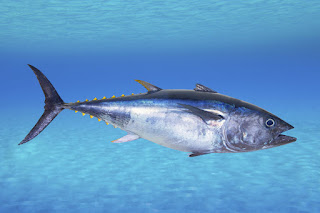Traditional Bahamian Dishes

The managing director of the Green Bay Group in Nassau, Bahamas, Lester Turnquest coordinates all of the company’s operational activities. In his free time, Lester Turnquest of Nassau, Bahamas, enjoys cooking. Bahamian cuisine, a unique blend of Caribbean and American styles, features plenty of seafood and spices. Here are a few traditional dishes of the Bahamas: - Cracked conch . Prepared similarly to a veal cutlet, the conch meat is pounded out, breaded, and deep fried. The conch is often served with a Creole sauce. - Boiled fish and grits. This popular breakfast dish is a flavorful soup made from simmered grouper fillets, onions, potatoes, and peppers. The soup is served with a bowl of grits. - Peas 'n’ rice . A common side dish in Caribbean cooking, pigeon peas, a perennial legume, are cooked with onions, tomatoes, spices, and rice. - Guava duff. A prototypical Bahamian dessert, the dish consists of guava rolled into a pastry dough. The dough is then boiled or steamed and ...
